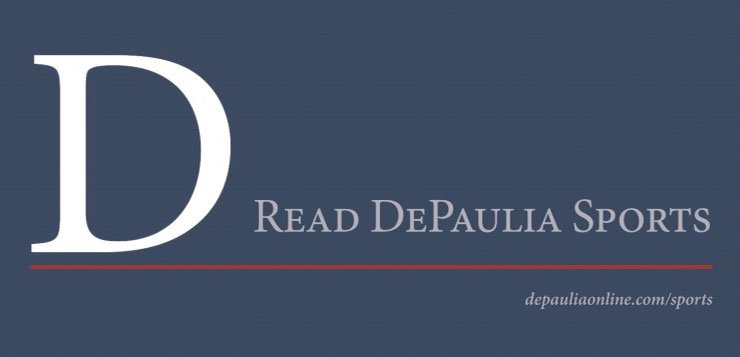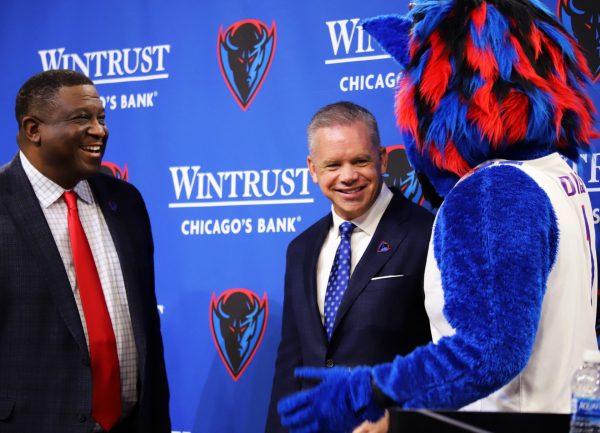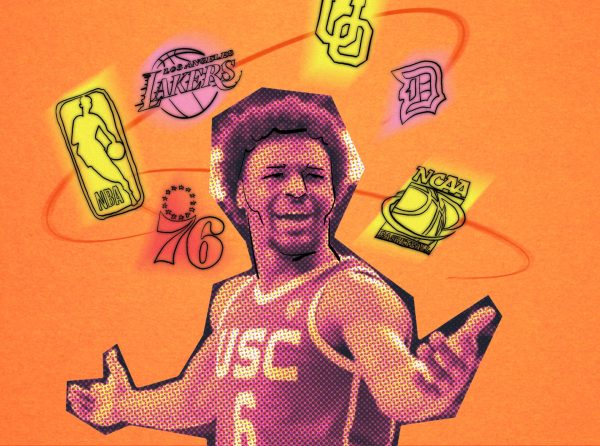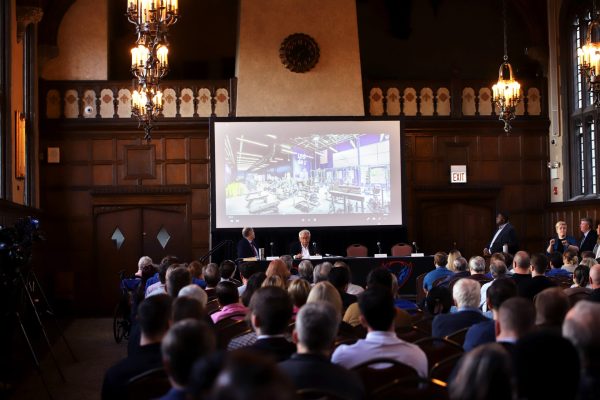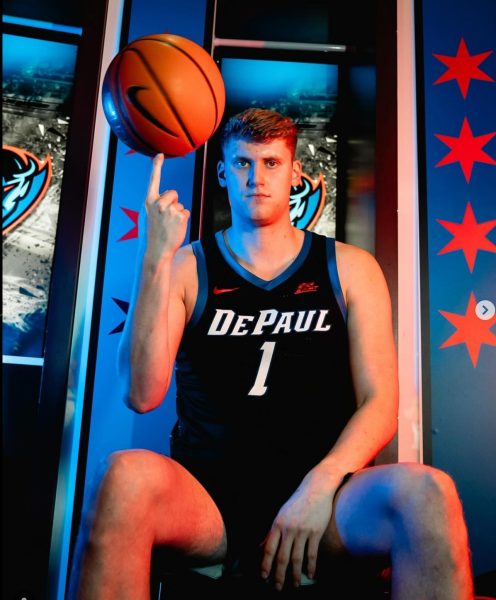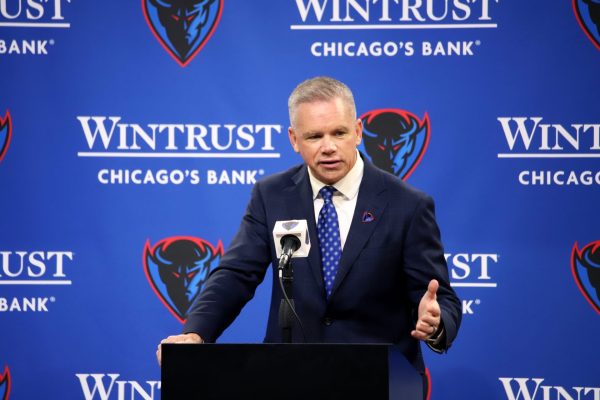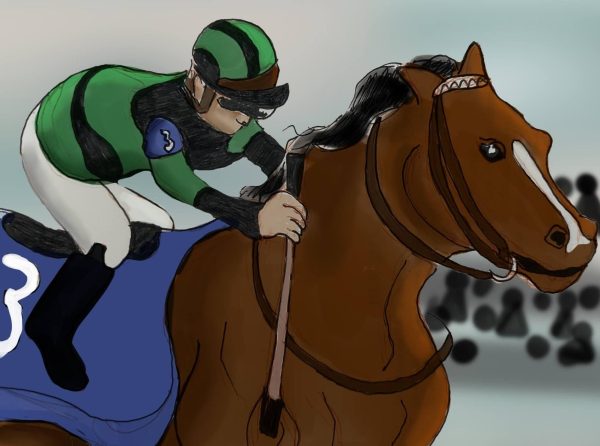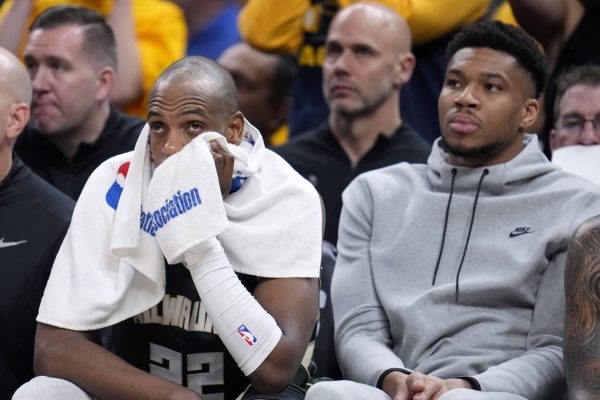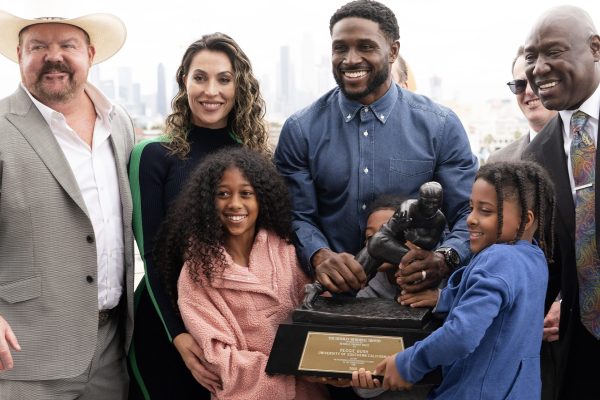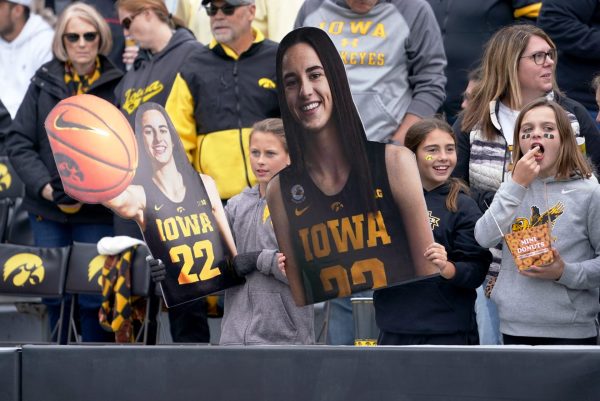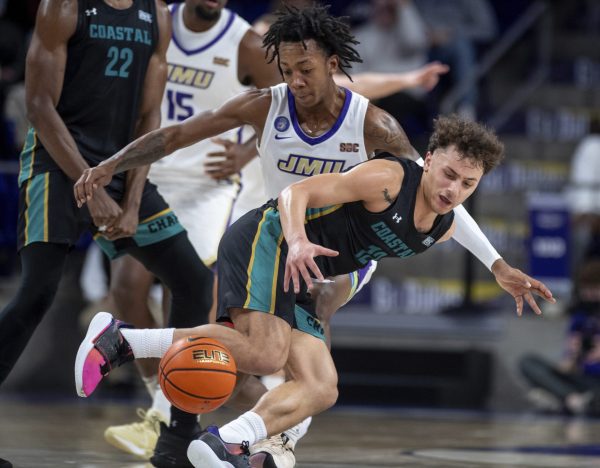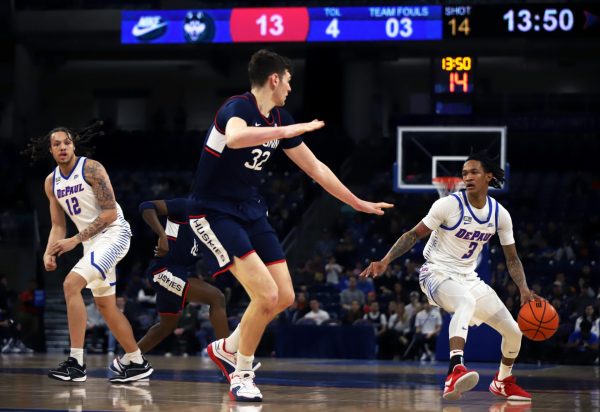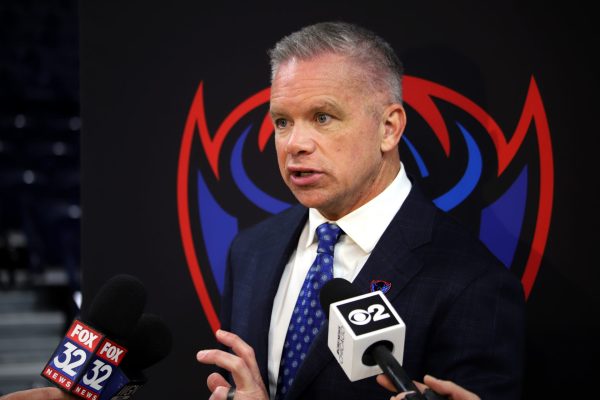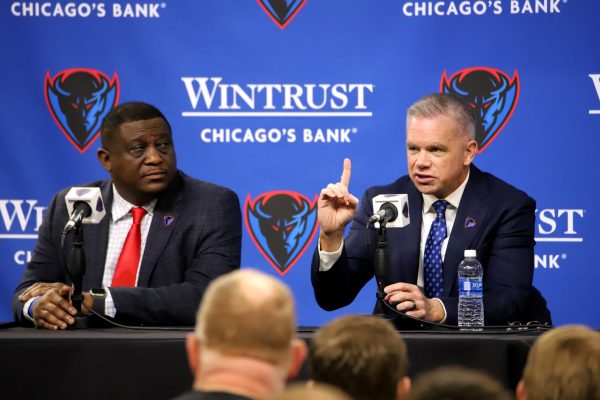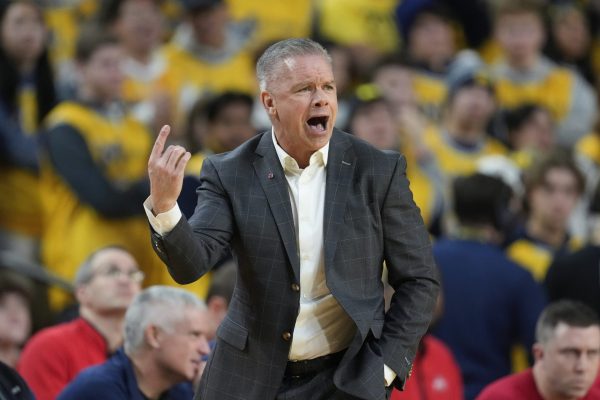Time wasted: The Commission on College Basketball represents a hollow step in the wrong direction
I have to take my hat off to the fine folks at the NCAA and president Mark Emmert — they really know how to put on a show.
Neck deep in corruption scandals, Emmert declared to the world that it was time for change — real change. But how serious was he?
“You don’t waste Condoleezza Rice’s time,” he said.
I laughed too.
For months, college basketball fans waited, curious to find out how the “independent” Commission on College Basketball members — all of whom were appointed by Emmert, including himself in a limited capacity — planned to fix corruption in amateur basketball. But all to predictably, those months of anticipation culminated in one royally disappointing Wednesday morning in Indianapolis.
How do we fix college basketball? “(…) Strengthen the collegiate model,” Rice said. “Not move toward one that brings aspects of professionalism into the game.”
Translation: Ignore the root of the problem. Time officially wasted.
The problem with college basketball isn’t that we moved away from the old collegiate model — the collegiate model is what brought us here in the first place. The problem with college athletics is that we have created an industry in which the most valuable assets — the “student-athletes” or “athlete-students,” if you find that term more appropriate — are the only ones not compensated. Coaches make millions, schools rake in admissions, grow endowments, soak in millions of dollars’ worth of free advertising and the NCAA brings in roughly $1 billion each year. The athletes? Nothing.
Just like the prohibition of drugs in the United States, the most obvious effect of prohibiting monetary compensation for NCAA athletes is the creation of a black market — the “dark underbelly of college basketball,” as it’s been called. So long as “student-athletes” in revenue generating sports like football and basketball are breadwinners for the university, they will seek and be offered cash and party favors for their services.
Proponents of the collegiate model argue that student-athletes are compensated with a free education, which can cost upwards of a $250,000 dollars over the course of four years at a private university. And that’s true; the value of a college education is intangible and becoming necessary just to maintain a middle-class lifestyle in the United States.
But in order to make that argument, you have to assume that all of your athletes are actually going to finish school, which is not the case. For the most elite athletes in college football and basketball, the NCAA is merely a stepping stone to the NFL or NBA, where a college education is worth next to nothing. So how can you argue that a college education, or half of one in many cases, is a just compensation for a service that equates to millions of dollars for somebody else?
The Commission did make a number of valid, sensible recommendations — which, at the end of the day, still need to be approved and implemented by the NCAA — but they don’t get at the heart of the issue.
Allowing players to enter the draft, seek career advice from an agent or a financial manager and then return to the NCAA after they go undrafted seems like an obvious policy. Why does the NCAA get to punish their athletes for taking a shot at their dreams? Still, that’s not going to stop players from taking some cash when they sign with their university.
Ending the one-and-done rule also makes sense and could push players that are taking money in college to skip college in the first place. But that’s not the NCAA’s rule to change, and the NBA has a perfectly valid reason for keeping it around: Nobody wants to gamble on an 18-year-old who has only ever competed against other teenagers.
“This is a not a social program, this is a business rule for us,” Stern told ESPN in 2012 regarding the one-and-done rule. “It’s that we say we would like a year to look at them, and I think it’s been interesting to see how the players do against first-class competition in the NCAAs and then teams have the ability to judge and make judgments, because high-ranking draft picks are very, very valuable.”
The Commission also made the obvious recommendation of actually holding cheating coaches and administrators accountable for their actions with lifetime bans. Now that the job of instituting such a rule falls on the NCAA, I have my doubts. Not to mention that strengthening enforcement policies doesn’t always prevent behavior. To return to my analogy with U.S. drug policy: Mandatory minimum sentencing for drug possession didn’t come close to solving the drug problem.
At the end of the day, the NCAA is ignoring a clear demand for compensation from its most valuable assets. So long as the NCAA is popular, providing a “front porch” for universities, entertaining millions of fans and generating $1 billion in revenues each year, interested parties are going to keep paying players under the table.
Nobody is asking the NCAA to take college out of college basketball. All we ask is that the NCAA stop hiding behind words like “student-athletes” and “amateurism” and recognize the value of revenue-generating athletes.
The details of paying college athletes is certainly tricky; nobody has any delusions about that. But that’s the conversation we should be having. Instead, they ignored it.


